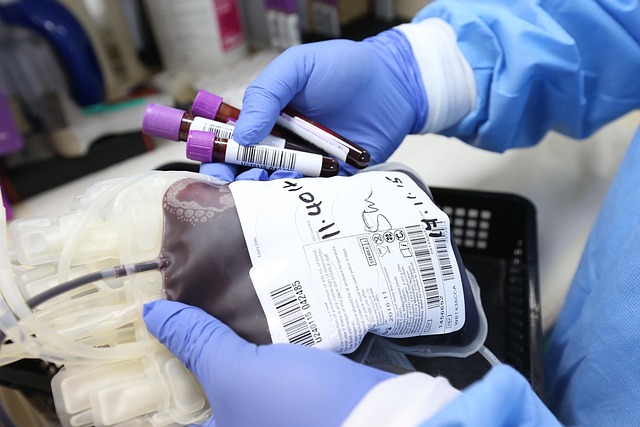Understanding Antidepressant Use in Older Adults
Antidepressants are sometimes part of mental health care for older adults. Understanding how they are prescribed, what types exist, and what to ask your doctor can help individuals and families navigate options with more confidence, clarity, and informed conversations.

How Age Affects Antidepressant Response in Older Adults
As we age, our bodies process medications differently. Older adults typically metabolize drugs more slowly, which can lead to higher blood concentrations of antidepressants even at standard doses. The liver and kidneys may work less efficiently, affecting how long medications remain in the system. This means that seniors often require lower initial doses with more gradual adjustments to find the right balance of effectiveness and tolerability.
Most Effective Antidepressants for Seniors
Several classes of antidepressants have shown particular promise for older adults:
-
Selective Serotonin Reuptake Inhibitors (SSRIs): Including sertraline and citalopram, these are often considered first-line treatments due to their relatively favorable side effect profiles
-
Serotonin-Norepinephrine Reuptake Inhibitors (SNRIs): Such as venlafaxine and duloxetine, which may help with both depression and chronic pain
-
Novel Antidepressants: Like bupropion, which has fewer sexual side effects and may help with energy levels
Critical Safety Considerations and Drug Interactions
Medication safety is paramount for older adults taking antidepressants. Key considerations include:
-
Potential interactions with other medications, particularly blood thinners and anti-inflammatory drugs
-
Increased risk of falls due to certain antidepressants’ effects on balance
-
Impact on blood pressure and heart rhythm
-
Risk of hyponatremia (low sodium levels) with SSRIs
Regular monitoring of blood levels and careful tracking of side effects are essential components of treatment.
Integrating Therapy and Lifestyle Changes
Antidepressant treatment often works best when combined with:
-
Regular psychotherapy sessions
-
Structured physical activity programs
-
Social engagement activities
-
Sleep hygiene improvements
-
Nutritional support
These complementary approaches can enhance medication effectiveness while potentially allowing for lower medication doses.
Treatment Cost Considerations
| Treatment Component | Typical Monthly Cost | Insurance Coverage |
|---|---|---|
| Generic SSRIs | $4-30 | Usually covered |
| Brand-name Antidepressants | $30-200 | Varies by plan |
| Psychotherapy Sessions | $100-200 per session | Often partially covered |
| Medication Management | $100-300 per visit | Usually covered |
Prices, rates, or cost estimates mentioned in this article are based on the latest available information but may change over time. Independent research is advised before making financial decisions.
Depression treatment often requires a long-term commitment to both medication and supportive therapies. Success typically comes from finding the right combination of treatments while carefully monitoring both benefits and potential side effects. Regular communication with healthcare providers helps ensure the treatment plan remains effective and appropriate as needs change over time.
This article is for informational purposes only and should not be considered medical advice. Please consult a qualified healthcare professional for personalized guidance and treatment.




